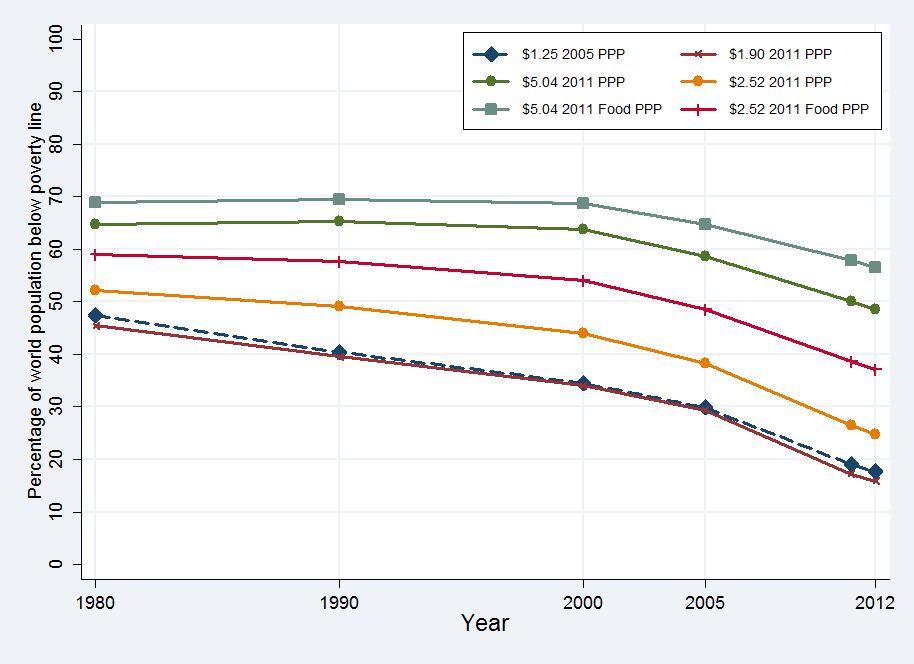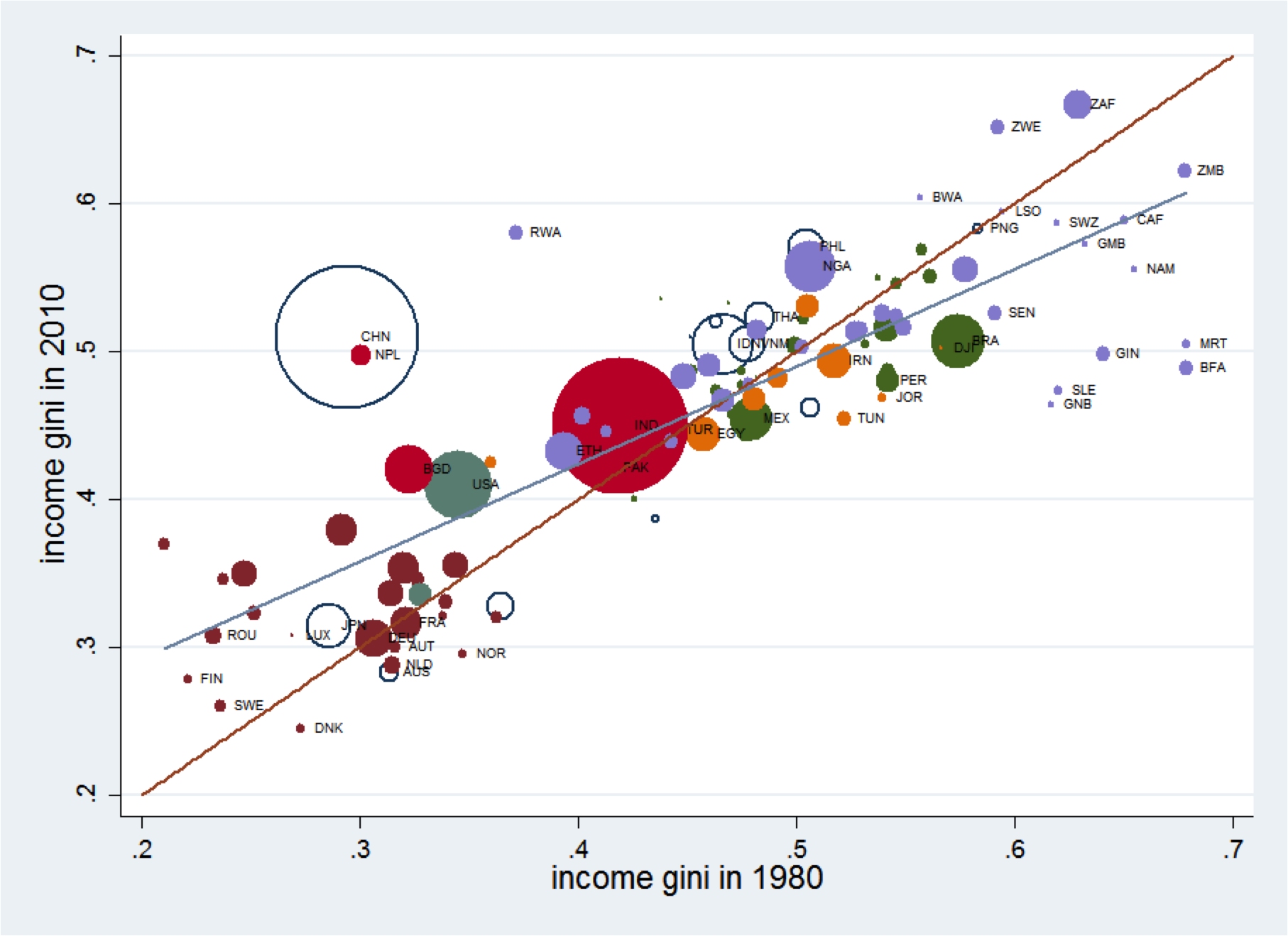Sanjay G. Reddy teaches economics at The New School for Social Research. His areas of work include development economics, international economics, and economics and philosophy. He has held fellowships from the Center for Ethics and the Professions, the Center for Population and Development Studies at Harvard University, and the Center for Human Values at Princeton University. He has conducted extensive research for development agencies and international institutions, including the G-24 (group of developing countries), ILO, Oxfam, UN-DESA (Department of Economic and Social Affairs, UN Secretariat), UNICEF, UNDP, UNU-WIDER (World Institute for Development Economics Research), UNRISD (UN Research Institute for Social Development), and the World Bank. He has been a member of the advisory panel of the UNDP’s Human Development Report, and of the UN Statistics Division’s Steering Committee on Poverty Statistics. He has been or is a member of the editorial advisory boards of Development, Ethics & International Affairs, the European Journal of Development Research, Humanity, the Review of Agrarian Studies, the Review of Income and Wealth, and the Journal of Globalization and Development. He was Associate Editor of the Journal of Human Development and Capabilities. He possesses a Ph.D. in economics from Harvard University, an M.Phil. in social anthropology from the University of Cambridge, and an A.B. in applied mathematics with physics from Harvard University.
Sanjay Reddy
By this expert
$1.90 Per Day: What Does it Say?

The World Bank’s global poverty estimates suffer from deep-seated problems arising from a single source, the lack of a standard for identifying who is poor and who is not that is consistent and meaningful.
Is the Devil in the Details? Estimating Global Poverty

Economists’ assumptions, even about seemingly “small” matters, make an enormous difference to global poverty estimates but their impact often goes unnoticed, and the choices made have been badly justified. We must stop pretending that the World Bank’s “$1 per day” estimates are at all reliable.
The Efficiency of Markets
A student of microeconomics learns that any competitive equilibrium leads to a Pareto efficient outcome (First Fundamental Theorem of Welfare Economics). What do we mean by the efficiency or inefficiency of markets?
The Fairness of Markets
A student of microeconomics learns that any desirable efficient market allocation can be sustained by a competitive equilibrium (the Second Theorem of Welfare Economics), given appropriate lump-sum wealth redistributions. This is typically understood as a means to correct unfair market outcomes. What are the real world implications of the second theorem? How well does it address distributional concerns?